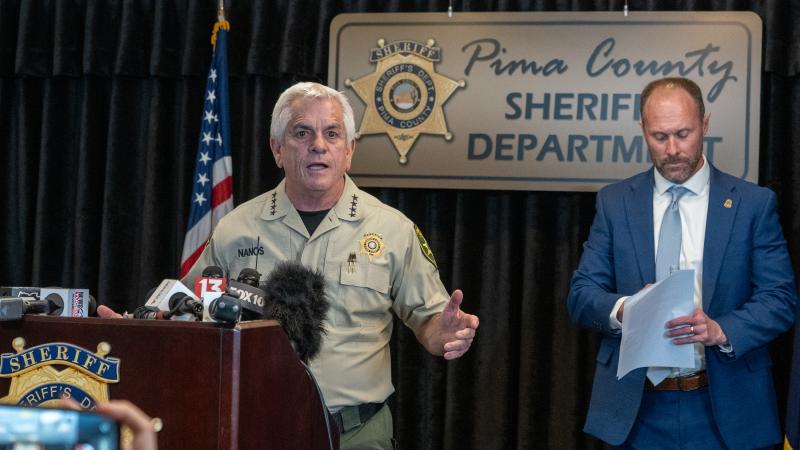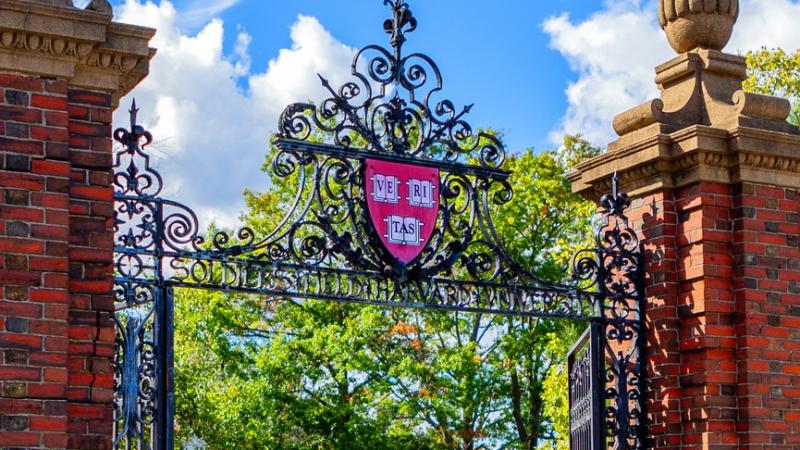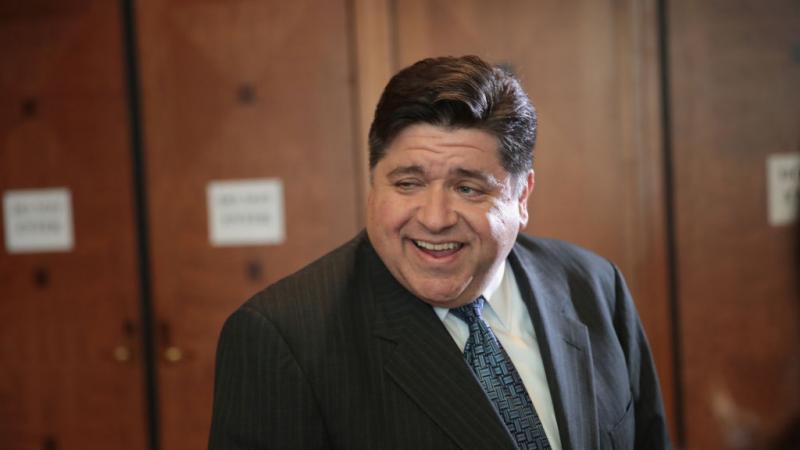Country music star Rich's pressure campaign helped save Tennessee county from TVA’s eminent domain
Hometown country music star John Rich rallied against the federally-owned Tennessee Valley Authority’s plan to build a power plant over 500 homes, protected waterways.
Country music star John Rich and other locals banded together to stop the powerful Tennessee Valley Authority from scooping up a huge swath of land in a rural county, evicting residents and changing its landscape.
The successful public pressure campaign on the state-backed power and water management corporation, created during The Great Depression, shone a bright light on how the ostensibly private company can use statutory authority to force residents off their lands to achieve its own goals.
Rich’s campaign against the TVA began earlier this year after he met residents in Cheatham County, Tennessee—his hometown county—who said armed federal agents had showed up in town to survey property for a 900-megawatt natural gas plant.
Records show that the rural community is far from wealthy, with a median family income of $57,562 and a poverty rate of 8.1%. More than 41,000 people call it home.
Rich: "I knew they were pretty ruthless, but..."
“I got to know this story that TVA wanted to drop a 900 megawatt methane gas plant, literally in the heart of this county, on top of 500 houses, 6000 acres of farmland, five school districts within just a few miles of this site, right on top of the main water supply,” John Rich told the "Just the News, No Noise" TV show.
“And I just couldn't believe they would do something like that. I mean, I knew they were pretty ruthless, but this seemed even bad for them.”
Rich said what motivated him to take action was seeing videos of local citizens being approached by armed agents trying to perform “destructive” testing on their properties to determine if it should be condemned and then seized for the power plant project.
“They come rolling up on [an] old lady's farm about 10 cars deep, and out of the cars come out men wearing bullet-proof vests, loaded weapons, demanding access to her property because they want to come on her land, do destructive testing, then, no doubt, condemn her land and give her 10 cents on the dollar and tell her to take a hike,” Rich said.
“When I saw that video, I could, first of all as just as an American, I could not believe things like this were actually taking place in modern-day America, stepping all over her Fourth Amendment rights, total disregard for her autonomy, or her or her land that had been in her family,” the country singer added.
As public pressure mounted, and Rich’s campaign to highlight the plight of the locals through a series of interviews he posted to social media, TVA officials wanted to meet with the country singer to work out an arrangement, Rich said.
Singer-songwriter Rich gave them an ultimatum
When they showed up at his Nashville home, he delivered an ultimatum—“You got two weeks to get out of Cheatham County. And if you don't, I'm going to write a song that compares you guys to the devil himself, and I'm going to have millions of Americans singing along,” he said.
This summer, the TVA officially canceled its plans to develop and construct the Cheatham County power plant, 14 wind turbines, and pipelines that would have run through protected community waterways.
Cheatham County Mayor Kerry McCarver credited John Rich for his pivotal role in leading the opposition to the project and bringing public attention to the county’s plight. "It's just been two years of a lot of local people, a lot of grassroots efforts to get the word out and the message out, and then things really started to turn obviously, when John Rich got involved," McCarver told the local ABC 9 News.
Rich contacted President Trump, Ag. Secretary Rollins
In addition to his videos and direct talks with the TVA, Rich also reportedly contacted President Donald Trump and Agriculture Secretary Brooke Rollins, who have authority over the quasi-private enterprise. “It took the President of the United States, Secretary Rollins at the USDA, myself and every citizen of that county to actually push TVA out,” Rich said.
True to his word, since the TVA took more than two weeks to abandon the project, the country star wrote a song titled “The Devil and the TVA” last week. Rich thanked his fans on X, saying that because of them, the song has become one of the top ten most downloaded country songs in the nation.
He used the song to highlight the plight of the residents of Cheatham County against a much more powerful government agency which was given broad powers by congress in 1933, including sweeping eminent domain authority to complete its projects.
“He don't care about your life and liberty… It's been that way since 1933…” Rich sings. “Ya think you own something/But you don't own nothing/When the government man comes around/Puts his dirty old boots on your ground.”
Vast powers of the TVA
Rich said that the public-private agency has tremendous authority to take land, but that few Americans actually know about it.
“Most Americans don't really know what that is, and if they have heard of it, they still don't really know what it is,” he said. “[They] only answer to the President of the United States, not senators, not congressmen, not even governors, and definitely not mayors, and definitely not citizens, only the president.”
The TVA has been described as a major component of President Franklin D. Roosevelt's "New Deal" to combat the effects of The Great Depression. Like the Works Progress Administration (WPA) of that era, Congress established the Tennessee Valley Authority in 1933 as a federally owned corporation to address widespread poverty, flooding, and a lack of electricity in the Tennessee Valley area—which covers most of Southeastern Tennessee and parts of North Carolina, Georgia, and Alabama alongside small parts of other states.
Despite being given the power during the worst economic disaster in modern times, the law today still authorizes the TVA to acquire real estate for its projects such as dams, reservoirs, transmission lines, and other public works by purchase, lease, or at worst, condemnation—invoking "Eminent Domain"—if voluntary sale is not possible. In the latter case, federal regulations allow a judge to determine the "fair compensation."
Though the enterprise achieved the primary goal of providing low-cost electricity and controlling flooding in the region, the broad "Eminent Domain" authority has long stirred controversy. At many junctures, the Supreme Court has upheld the TVA’s authority to take property for self-defined public use.
Normally, the TVA is subject to jurisdiction in both federal and state courts. However, there is a statutory exception to that rule, and recently, a unanimous Supreme Court reaffirmed the "Eminent Domain" powers of the TVA, but said it required fact-finding to determine if the exception applied. It matters, because the TVA's lawyers would almost certainly prefer to be brought before a federal district judge, instead of a local judge.














